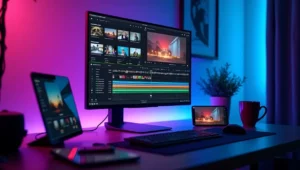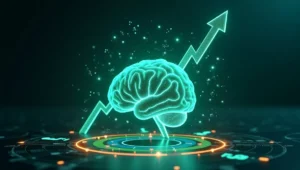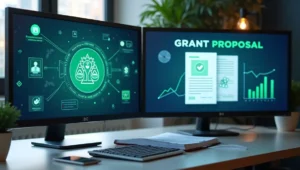Anyone can learn to code. That’s the beauty of becoming a computer programmer – you don’t need a fancy degree or years of schooling to get started. Whether you’re a school student, college graduate, or working professional, you can learn programming at your own pace. But one common question everyone asks is: How long does it really take to become a computer programmer? Let’s break it down in simple terms.
What Is a Computer Programmer?
A computer programmer writes code that tells computers what to do. They use programming languages like Python, Java, C++, JavaScript, and many more to build software, apps, websites, games, and even artificial intelligence systems. They are the brains behind every digital solution we use today.
The Average Time It Takes to Become a Computer Programmer
The time it takes to become a computer programmer depends on several factors, like your learning path, daily practice, prior knowledge, and career goals. Here’s a general breakdown:
1. Self-Taught Route (6–24 Months)
If you’re learning on your own through YouTube, online courses, or tutorials, you can become job-ready in 6 to 24 months – depending on how consistent and focused you are.
- Part-time Learning (1–2 hours/day): Around 18–24 months to become proficient.
- Full-time Learning (6–8 hours/day): Around 6–12 months for job-ready skills.
Popular platforms for self-learning include freeCodeCamp, Coursera, Codecademy, Udemy, and edX.
2. Coding Bootcamp (3–9 Months)
Bootcamps are intensive training programs designed to teach you full-stack development or a specialized area like backend or mobile app development. Most bootcamps last between 12 weeks to 9 months.
Bootcamps are fast-paced and ideal for those who want quick results and are willing to commit fully. Some offer job placement support and real-world project experience.
3. College Degree (3–4 Years)
A traditional computer science degree takes about 3 to 4 years, depending on the country and program. This is the longest route but gives in-depth theoretical knowledge in data structures, algorithms, system design, networking, and more.
While not always necessary, a degree can help in landing jobs at top tech companies or in research roles.
4. Career Switchers (6 Months to 2 Years)
If you’re switching from another career (like teaching, marketing, or finance), your timeline depends on how much time you can dedicate daily. Many career changers become employable within 6–18 months using bootcamps or self-paced courses.
What Skills You Need to Learn
To become a computer programmer, you need to learn the following skills:
- Programming Languages (Python, Java, C++, JavaScript)
- Problem Solving & Algorithms
- Data Structures
- Version Control (Git, GitHub)
- Debugging & Testing
- Basic Computer Science Concepts
- Optional: Databases, Web Development, APIs, etc.
Factors That Affect Your Learning Time
- Consistency: Coding daily, even for 1 hour, builds habits faster.
- Resources: High-quality courses and mentorship speed up the process.
- Background: Math, logic, or prior tech knowledge gives a small head start.
- Learning Style: Some people prefer video, others prefer reading or hands-on practice.
- Goals: Do you want to build websites, apps, games, or become a data analyst? Each has different learning paths.
Timeline Examples
- 6 Months: Full-time bootcamp graduate, ready for junior developer roles.
- 12 Months: Self-taught learner builds a portfolio and freelances or applies for entry-level jobs.
- 24 Months: Career switcher gains hands-on experience and starts applying for full-time jobs.
- 36+ Months: Computer science student completes a degree and lands a full-time job.
Final Thoughts
You don’t need to wait 4 years to become a programmer. With dedication and smart planning, you can start building and earning within a few months. Whether you learn through YouTube, enroll in a bootcamp, or pursue a degree, the key is to stay consistent, build real projects, and never stop learning. Becoming a computer programmer is not just about time – it’s about practice, mindset, and persistence.
So, how long will it take you? That depends on how soon you start.




